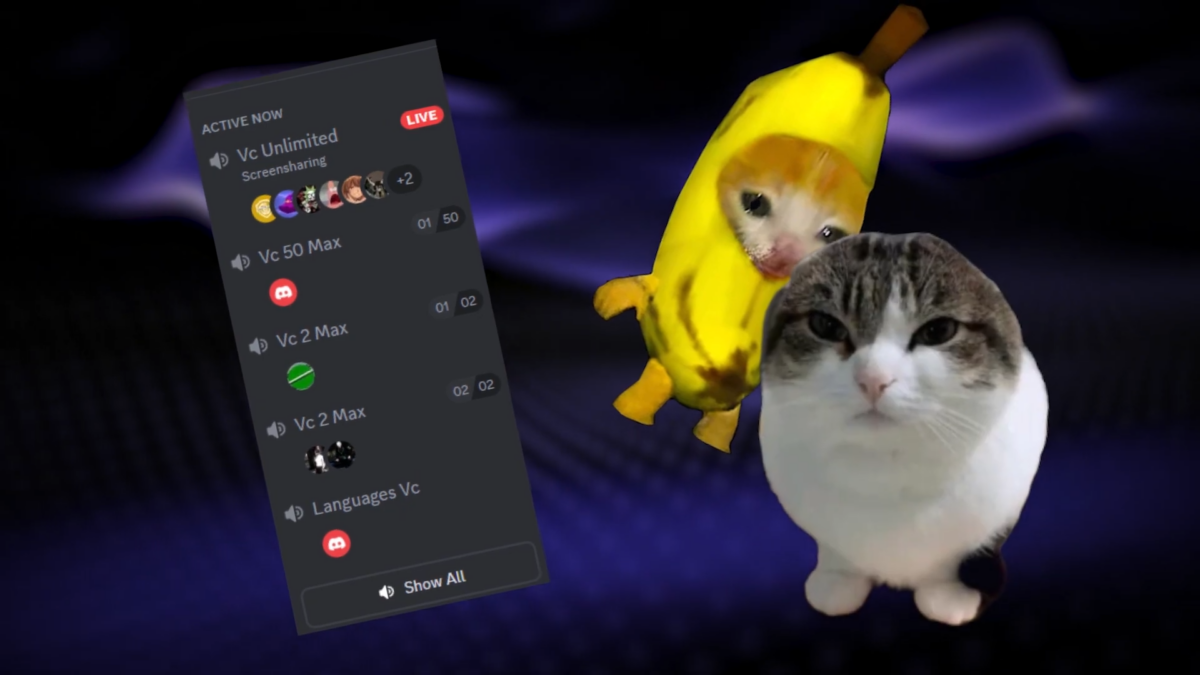Voice AI's biggest selling point is its ability to change voices in real time, making it great for streaming and unique among text-to-speech offerings. It's trained on Voice AI's proprietary AI voice-changing technology.
It also has all the features you would expect, including voice cloning, custom voice integration, and soundboards, that all of its competitors offer.
Voice AI allows users to choose from thousands of different voices in its extensive user-generated content (UGC) voice library, Voice Universe.
In addition to modifying voices, users can also create completely original voice filters, whether it's their own voice or something entirely new. This is great because as AI voices become more popular, the same voices will become more common and less original. We are currently seeing this with TikTok's AI voice offerings.
Voice AI also has an interface that makes it straightforward to use and install.
Voice Conversion
Voice AI uses AI to perform real-time speech-to-speech conversion. It effectively transforms the user's voice while preserving emotion, intonation, and speech patterns. It is trained on a private speech dataset of over 15 million unique speakers to deliver high-quality voice conversion.
Voice AI technology is most popular among streamers, content creators, and gamers, allowing them to create a unique voice identity and enhance their online experience. But its use isn't limited to gaming or content creation.
Voice AI supports multiple games and applications, including Among Us, World of Warcraft, Minecraft, CS: GO, and League of Legends.
The platform also supports meetings and calls on platforms like Zoom, Skype, Discord, or Google Meet. It allows users to change their voice in real-time during these interactions.
Founders
Voice AI was founded by a team of pioneers in synthetic speech technology, led by CEO and Founder Heath Ahrens. The team has a rich history of innovation, starting with the first cloud-based text-to-speech (TTS) software in 2007.
They've tackled issues like distracted driving with DriveSafe.ly and created iSpeech Home, a precursor to Amazon Alexa and Google Home. Voice AI is their latest venture, which aims to democratize access to AI technology and redefine how people express themselves through audio.
The basic voice changer is free to use. Premium plans are available for advanced features and higher-quality audio effects.
